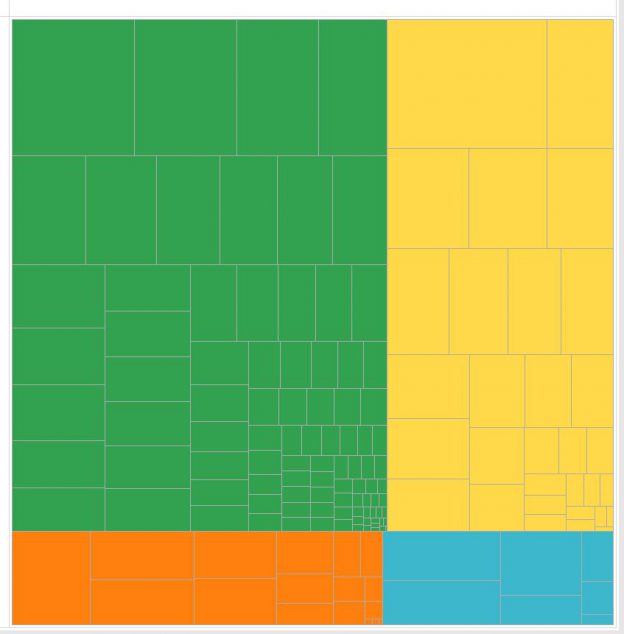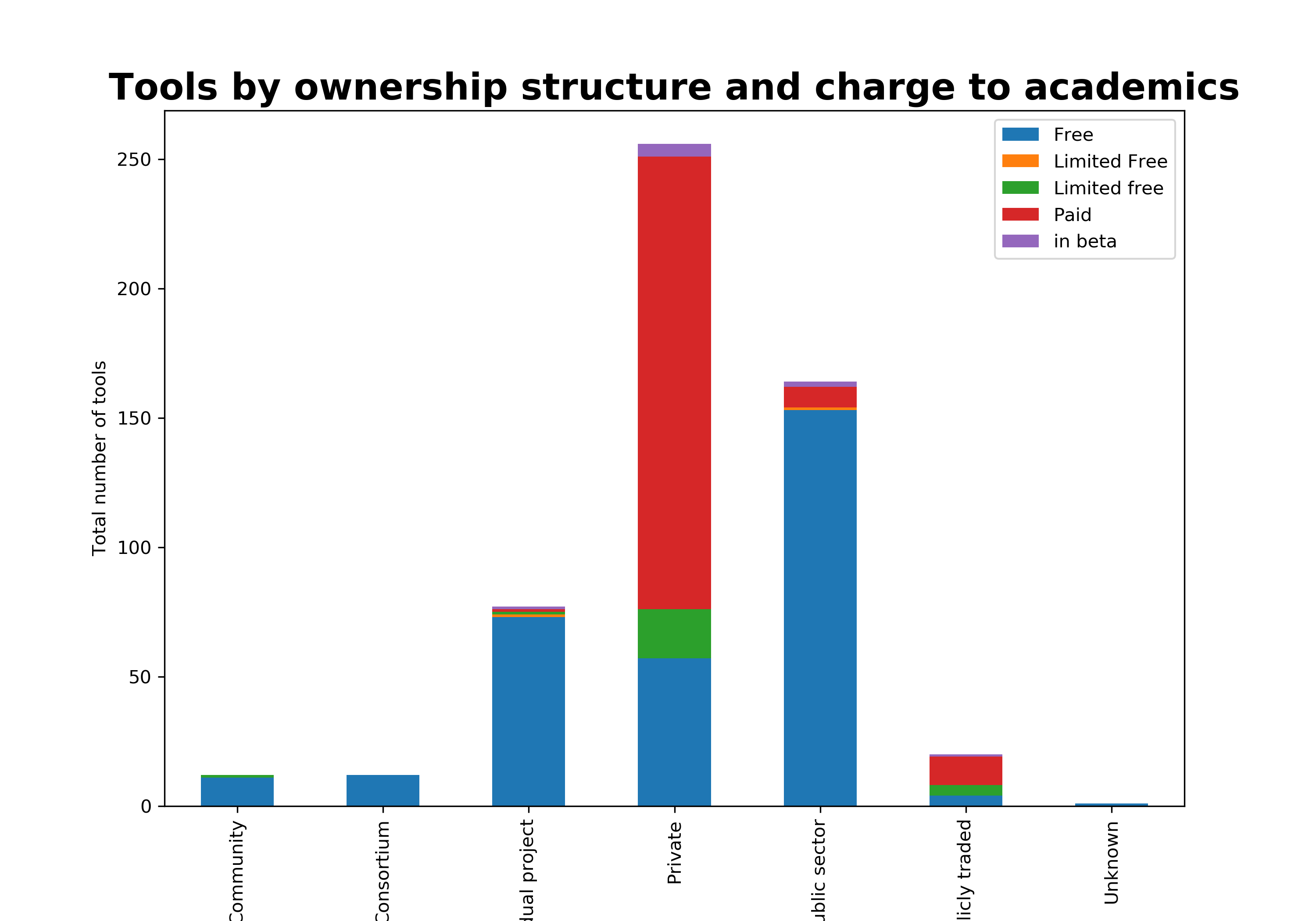Market research for a research data shared service
This post originally appeared on Jisc Research Data
As part of the research data shared service pilot project, we are running a market research exercise. What does this mean? Well, it can mean a number of things. Our main goal is to understand the current needs, requirements and the position of a variety of institutions that are not currently directly engaged as a pilot in the project. We are doing this because we understand that each HEI in the UK is unique and would be at a different stage in regards to their plans and local infrastructure for research data support.
What we’ve done so far?
As a first matter of course, we’ve taken a look at reports, web pages and other secondary sources for any information about the challenges and the service infrastructure that any UK and global institutions have put in place. Below you will see a selected list of links. But most of these are already on Research Data Network.
Then we consulted some data around institutional sizes, incomes, number of students and academic staff from HESA and other sources. We used Tableau Software to do a bit of analysis and to visualise where the pilots sit. We had an initial list of contacts within about 30 institutions that have expressed an interest in the research data shared service and were willing to talk to us about their challenges and requirements. We placed these along with the pilots on a visual to ensure that we are reaching out to a wide enough variety of institutions. See below. I left out the names of the HEIs for data privacy purposes.

We are engaging with these institutions directly. We contracted Max Hammond to run a set of interviews. He has done about 9 so far, and has another 10 planned. If you are also interested in talking to us about your research data management infrastructure, costs, and system requirements, do get in touch with me.
I picked on a few cross-cutting themes from his interview findings.
Around policy aspirations:
Most of the interviewees are trying to encourage open data and open research, but find it difficult or almost not within their remit to tell researchers what to do. The general institutional policies recommend their academics to find the most appropriate (subject) repository for their data, and only when there is nothing out there, get local support. A few, if not all, are still struggling with the big question ‘what to keep?’ In terms of current systems, services and infrastructure:
All but one of the institutions interviewed have publications repositories. Only some have or are setting up a CRIS. And none of them is very concerned about having a data repository, encouraging researchers to use external ones like RESHARE and other subject specific repositories, or figshare and Zenodo for broader types of data.
In terms of developments:
Most institutions are all planning to review their publication repositories in the near future. Many are also pursuing some sort of archival solution, although at least one had to scrape it after implementation because it wasn’t used. Just two of the interviewees will focus on preservation, and only in 2-5 years’ time.
The interviewees’ perspectives on current challenges varied:
- Large data volumes
- Duplication of datasets
- Cost of long-term storage
- More evidence that re-use of data is happening
- Rendering DMP more dynamic
- Reviewing and understanding local requirements and ownership over this area
- Need for a stronger community in this area
- Reporting from systems currently in use
- Integrations between systems in use
- Clearer funder policies
We were pleased to find out that many of the interviewees were interested in the research data shared service and are hoping it will fit with at least their more pressing issues.
If you have any thoughts, suggestions, and ideas for this market research, do let us know, we are running a very iterative process.
A selected list of resources:
- RCUK data policy and this
- Journal data policies
- RDM workflows and integrations (Arkivum, research data spring)
- DCC surveys and this
- DAF
- Knowledge Exchange sowing the seed report
- The Royal Society – “Science as an Open Enterprise”
- “Directions for Research Data Management in UK Universities” report (published in 2015 by ARMA, RLU, RUGIT, SCONUL, UCISA and Jisc)
- Knowledge Exchange & Science Europe briefing paper on Funding RDM infrastructures
- Research data management and openness: The role of data sharing in developing institutional policies and practices
- EPSRC case studies
- A consortial approach to RDMS: Case study – Leeds Trinity University – A streamlined commercial option (Pure: Elsevier)
- London School of Hygiene
- Filling in the digital preservation gap
- The Value and Impact of Data Sharing and Curation: A synthesis of three recent studies of UK research data centres, Beagrie, N. and Houghton J.W. (2014)
- Infrastructure Supporting a Research Data Management Plan for the Department of Mechanical Engineering, University of Bath – Mansur Darlington, Alex Ball. 4 May 2012. REDm-MED Project Document redm2rep120330mjd10. OPuS record
- Research data management at the University of Bristol: charting a course from project to service, D Andrew Cox, D Hiom, D Fripp, S Gray, 2015 – emeraldinsight.com
- Embedded Data Librarianship: A Case Study of Providing Data Management Support for a Science Department, M Wang, BL Fong – Science & Technology Libraries, 2015 – Taylor & Francis
- RDM Roadmap
- UWE Managing Research Data: Discussion of choice of EPrints for the research data repository at UWE (Holliday, 2012)
- A comparison of research data management platforms: architecture, flexible metadata and interoperability, RC Amorim, JA Castro, JR da Silva, 2016 – Springer
- Research data management: a conceptual framework, D Patel, J Broady-Preston, A Cossham – Library Review, 2016 – emeraldinsight.com
- An evaluation of the use of CKAN for RDM, presented at two conferences, is available here (Winn, 2013).
- Comparison of Fedora, ePrints and DSpace, for the DANS Easy data repository service (Bogaards, 2009)
- Efficiency Exchange – ESRC supported UK Data Service




